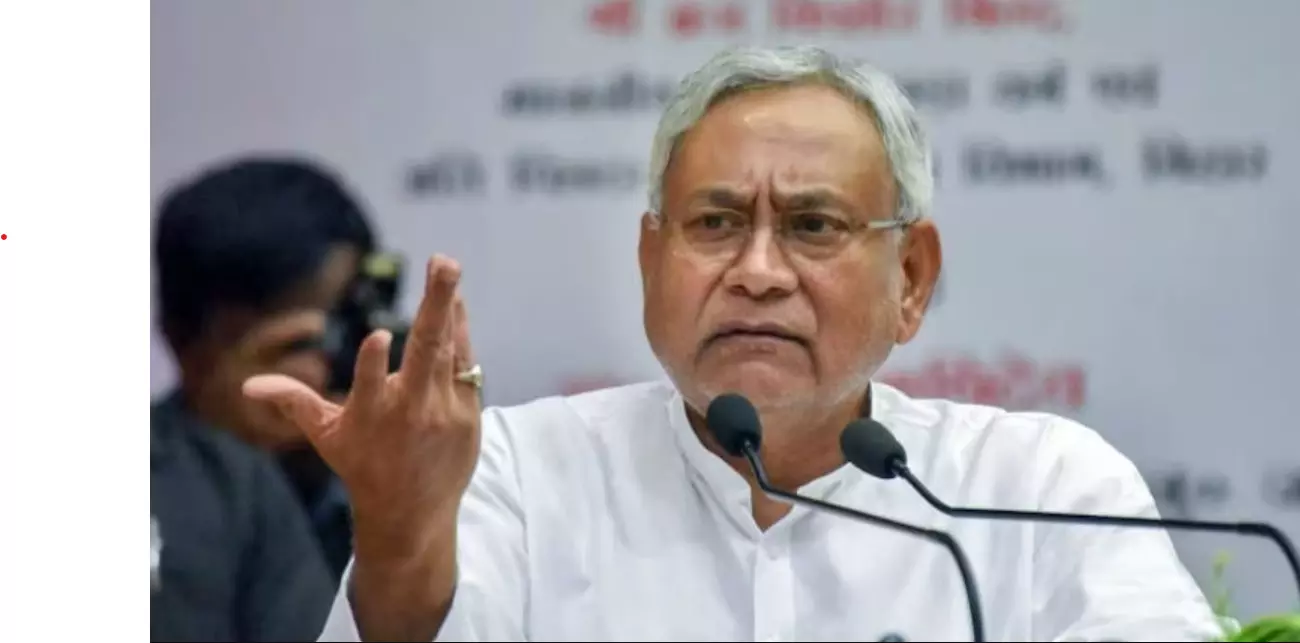A set of mirages

The fifth political U-turn of Janata Dal United supremo Nitish Kumar over the past decade is a move guided by narrow interests and political opportunism. This is not a ‘political masterstroke’ as some would like to believe. The primary perceptions emerging out of the recent transition in Bihar politics might just be a set of mirages.
An immediate hypothesis is that this move sounds a death knell for the I.N.D.I.A alliance. As a matter of fact, the alliance has never been on a firm footing. Nitish Kumar has blamed the main opposition party, the Indian National Congress (INC), for the collapse of the opposition alliance in Bihar — saying that INC leaders aim at strengthening their own party rather than I.N.D.I.A. This allegation certainly has some merit. The INC has thus far been non-concessional in its approach. It has largely focused on brandishing its own image instead of anchoring the I.N.D.I.A alliance, as it is supposed to do, even if it takes certain sacrifices. At the same time, Nitish Kumar’s prime ministerial ambitions have been hidden to none. He has already touched the zenith in state politics and might be eyeing broader roles. Apparently, the conferring of the Chairperson’s position to Mallikarjun Kharge did not go well with the JDU leadership. One may also note that Kumar’s switch has come ahead of Rahul Gandhi’s Bharat Jodo Nyaya Yatra entering its Bihar leg, and now, Nitish Kumar is all guns against the Congress leader.
It is not that the I.N.D.I.A bloc ever looked fully formidable against the BJP-led NDA, but is Kumar’s switch a precursor to the ‘collapse’ of the opposition grouping? Quite unlikely. I.N.D.I.A might undergo a major shift, but ‘collapse’ might be a wrong term to use. Indeed, Bihar is among the most prominent states when it comes to Lok Sabha considerations, and Nitish Kumar has been acting as a ‘bridge’ to a large proportion of lower-caste votes. However, JDU’s clout in Bihar politics is persistently waning, thanks to the ‘switching’ politics of Nitish Kumar. Notably, even though Nitish Kumar managed to retain the chair after the Bihar assembly elections, his party could not even feature in the top-3 spot in terms of seats won. It is believed by some, and not without reasons, that JDU can even malign the prospects of its new ally BJP in the state.
The Rastriya Janta Dal, on the other hand, had emerged as the largest party in terms of seats, and within a short span of being in governance, had fulfilled a part of its poll promises. The recent side-switching by the JDU could lend greater clarity to both the populace of Bihar and the leaders of the I.N.D.I.A alliance. It will be very interesting to see JDU’s standing in the upcoming Lok Sabha and Vidhan Sabha polls. The trajectory of state politics, in particular, is slated to undergo a massive transformation. While RJD and BJP have prominent faces like Tejaswi Yadav and Samrat Choudhary, respectively, JDU appears to lack such a face after Nitish Kumar. Apart from party politics, one thing is certain: Bihar, as one of the last bastions of Mandal politics, is losing its credibility. Certain things may have to burn to ashes in the fiery political ambitions of Nitish Kumar!



